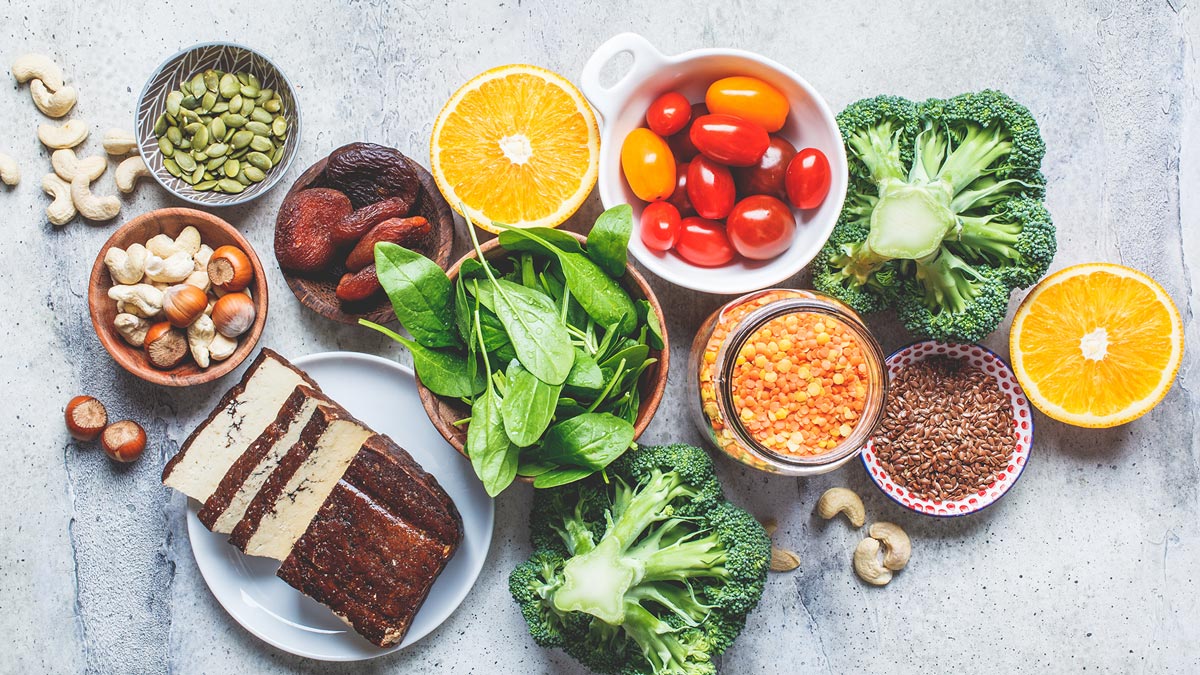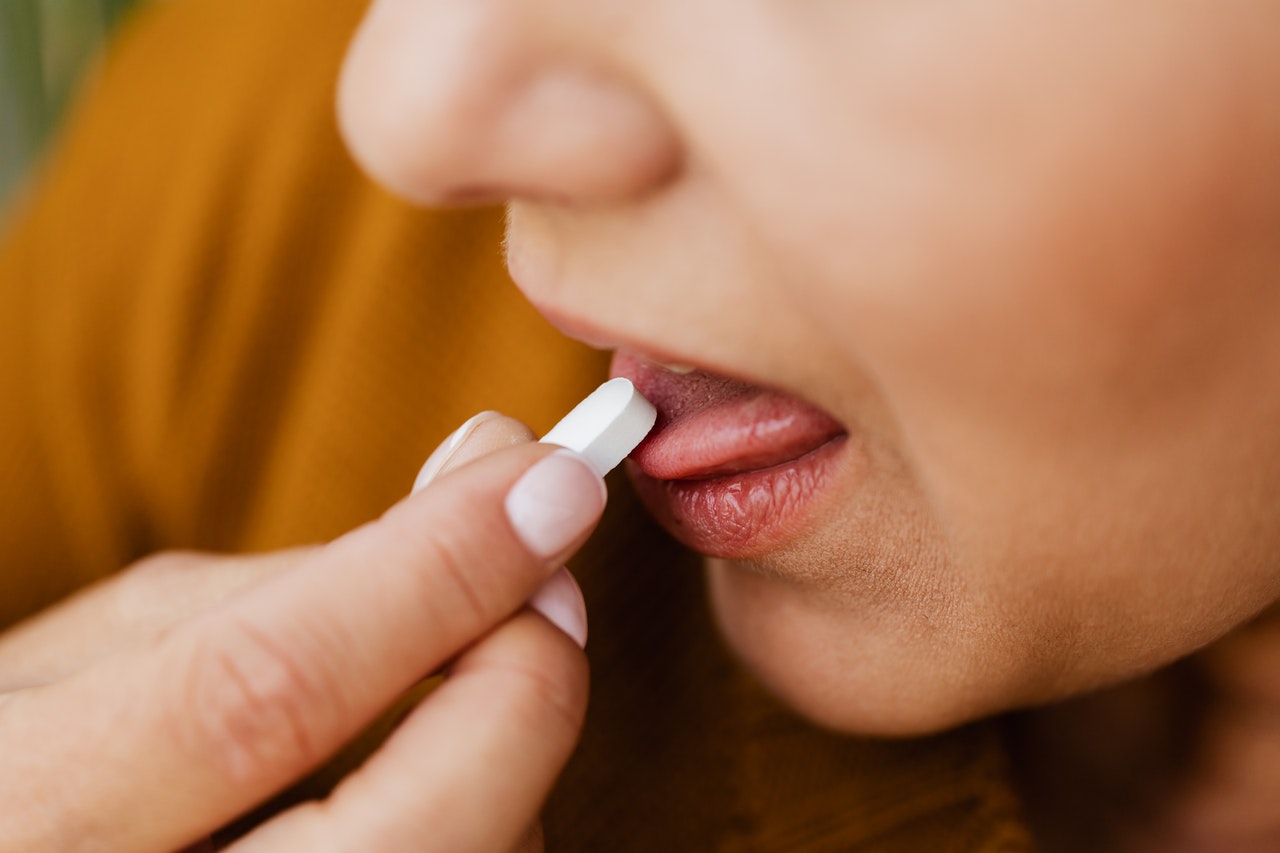You may have noticed gummy vitamins are taking over store shelves and filling up your social feed. They’re getting huge and for good reason. While supplements are important, not everyone is a fan of pills, making gummies the next best (and tastiest) thing.
But here’s the catch: Not all gummies are created equal. If you’re not careful, you may end up with more junk than nutrients. So to steer you clear of pitfalls, we’re breaking down the top five things you need to know to find a gummy that delivers genuine goodness.
1) Look for low sugar
At the risk of pointing out the obvious: Vitamins should be good for you. But most gummy vitamins have just as much sugar as their candy counterparts. The American Heart Association recommends that men consume less than 36 grams of the sweet stuff per day, and women 25 grams. Yet, American adults consume on average a whopping 77 grams of added sugar daily, and kids even more.1 That’s nearly three times the recommended limit.
Most gummy vitamins only add to this problem, typically packing about 2-4 grams of added sugar per serving, That may not seem like a lot, but those numbers add up fast. Look for gummies with minimal added sugar—the less the better. Better yet, find a brand that’s sweetened with a natural alternative like inulin.
2) Read the nutrient numbers
Gummy vitamins’ chewy goodness comes at a cost: The truth is, you can’t fit the same amount of nutrition into a gummy that you can into a pill (and still have it taste good), so it’s important to be selective. Look for nutrients that you know you need more of—vitamin D for example—and make sure your gummies provide at least 50% of the recommended daily value. If you can, find gummy vitamins that target your specific health needs, like saffron for mood, magnesium for stress or elderberry for immune health.*
3) Find the fiber
Fiber in a gummy? You read that right. Most of us only eat half the recommended amount of fiber per day—25 grams for women and 38 grams for men.2 Fiber, especially a prebiotic fiber like inulin, is a source of food for the good bacteria that live in your gut. A healthy gut supports digestion, regularity, and a healthy immune system. But that’s not all: Fiber also works to slow digestion, helping you feel full longer to maintain a healthy weight. Check the supplement facts and choose a gummy with a few grams of fiber per serving.
4) Insist on clean ingredients
We all know that candy is full of artificial ingredients like preservatives, artificial flavors and color additives, but that doesn’t have to be the case with your gummy vitamins. They can still taste good without all the junk! To see if your gummies measure up, check the ingredients just below the Supplement Facts panel on the side of the box. You’ll find all the other ingredients listed in descending order (from most to least). Choose a gummy vitamin that gets its color from natural sources and its taste from natural flavors.
5) Enhance your habit with convenient packaging
Last but not least, convenience is everything. After all, your vitamins won’t work if you forget to take them. Find gummy vitamins that are packaged in a way that works best with your lifestyle. If you’re always on the run, try a convenient daily pouch that’s easy to enjoy on the go. If you find that it’s too tempting to overindulge on gummy vitamins (don’t do it!), a pre-portioned pack is also a smart way to stick to the recommended serving size.
Need help with gummy vitamins?
Ok, full disclosure: Persona makes amazing gummy vitamins that check all these boxes (guilty as charged!). However, the reality is these tips hold true for any gummy vitamin product. Before you make your pick, take care to do your homework, compare your options and choose a gummy vitamin that’s right for you.
Shop Persona Gummies at Target.
About Emily
Emily is a registered dietitian with a master’s degree in health communications. She is a self-proclaimed nutrition nerd and has a knack for translating nutrition science into everyday tips and resources. If you’d like to chat with an expert like Emily, Persona’s team of nutritionists are available to chat 7 days a week. Reach out.










